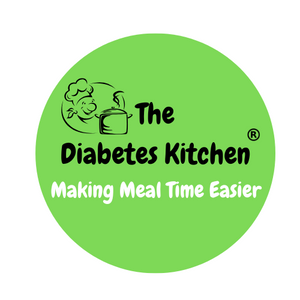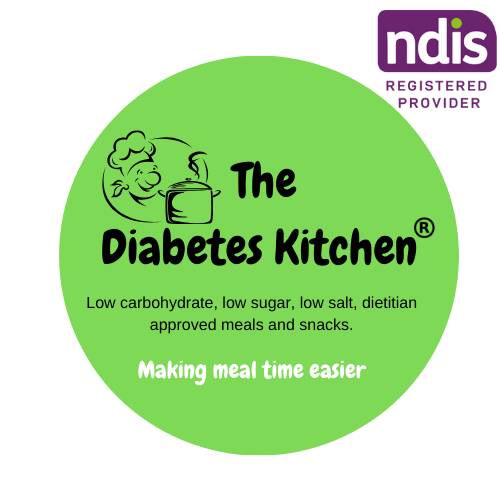A balanced diet is important because it provides your body with the necessary nutrients, energy, and substances it needs to function properly and maintain good health. A well-balanced diet includes a variety of foods from different food groups in appropriate portions, ensuring that you receive essential vitamins, minerals, proteins, fats, carbohydrates, and fiber.
The elements of a balanced diet is essential to maintaining overall health, preventing chronic diseases, and supporting your body's vital functions. Here's an overview of what is in a balanced diet and their functions courtesy of Vast Fitness Academy.
Macronutrients: Protein, carbohydrates, and fats are the three primary macronutrients your body needs. Each plays a different role in maintaining your overall health:
- Protein: Supports muscle growth, tissue repair, and immune function.
- Carbohydrates: Provide energy for daily activities and brain function.
- Fats: Assist in hormone production, nutrient absorption, and brain health.
 Micronutrients: Vitamins and minerals are crucial for a variety of bodily functions, including immune support, bone health, and energy production. Consume a variety of fruits, vegetables, whole grains, and lean protein sources to ensure you're meeting your micronutrient needs.
Micronutrients: Vitamins and minerals are crucial for a variety of bodily functions, including immune support, bone health, and energy production. Consume a variety of fruits, vegetables, whole grains, and lean protein sources to ensure you're meeting your micronutrient needs.
 Fibre: Dietary fibre promotes healthy digestion and can help lower the risk of chronic diseases like heart disease and type 2 diabetes. Aim for at least 25-30 grams of fibre per day from sources like fruits, vegetables, whole grains, legumes, nuts, and seeds.
Fibre: Dietary fibre promotes healthy digestion and can help lower the risk of chronic diseases like heart disease and type 2 diabetes. Aim for at least 25-30 grams of fibre per day from sources like fruits, vegetables, whole grains, legumes, nuts, and seeds.
 Hydration: Proper hydration is essential for maintaining overall health, as water plays a vital role in digestion, circulation, and temperature regulation. Aim for at least 2 litres of water per day, or more depending on your activity level and individual needs.
Hydration: Proper hydration is essential for maintaining overall health, as water plays a vital role in digestion, circulation, and temperature regulation. Aim for at least 2 litres of water per day, or more depending on your activity level and individual needs.
To achieve a balanced diet, focus on the following tips:
> Fill half of your plate with colourful fruits and vegetables.
> Choose whole grains over refined grains.
> Include a variety of lean protein sources, such as poultry, fish, legumes, and tofu.
> Opt for healthy fats like avocados, nuts, seeds, and olive oil.
> Limit processed foods, added sugars, and excessive amounts of salt.
By adopting these healthy eating habits, you'll be well on your way to achieving optimal health and wellbeing .





